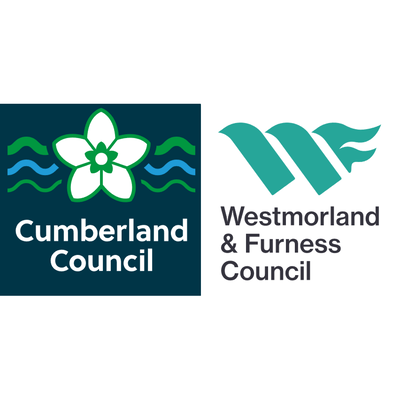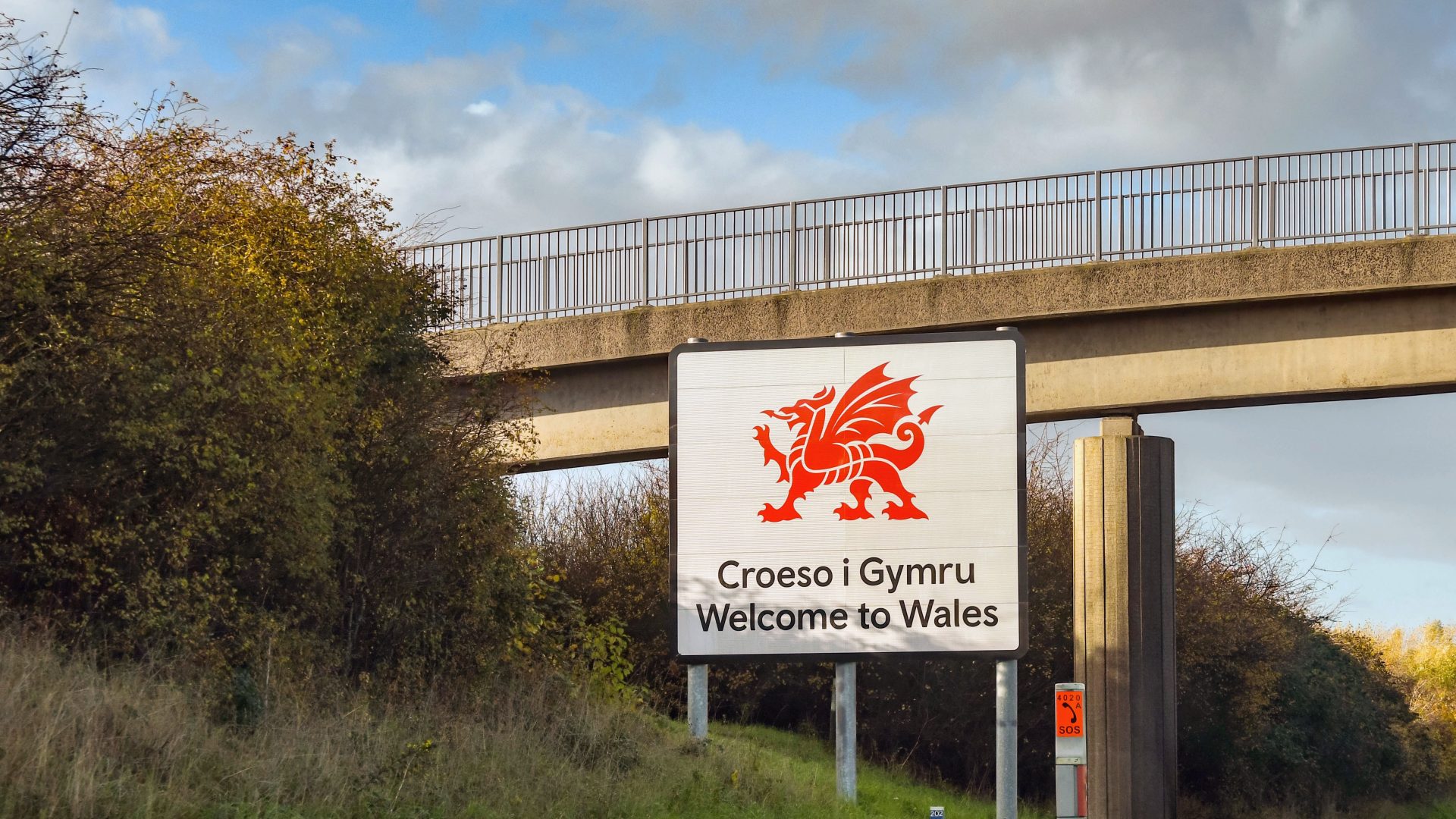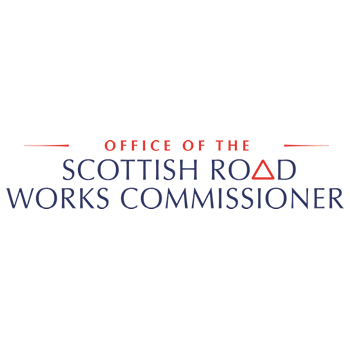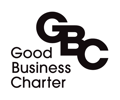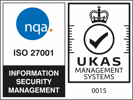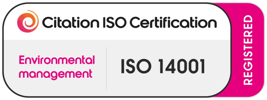Managing, maintaining and delivering improvements on the major routes in and out of South Wales is a big job. It’s the responsibility of the South Wales Trunk Road Agent (SWTRA), who look after roads like the M4 and the A470 among more than 600km of road network. They’re responsible for everything from gully emptying and litter picking through to maintenance and undertaking development work as directed by the Welsh government.
That job is made even harder when road space bookings are coordinated manually through page after page of Excel spreadsheets. This was the situation for the SWTRA when they were faced with a major new project to connect street assets, including matrix signs and communications cabinets, via fibre cabling.
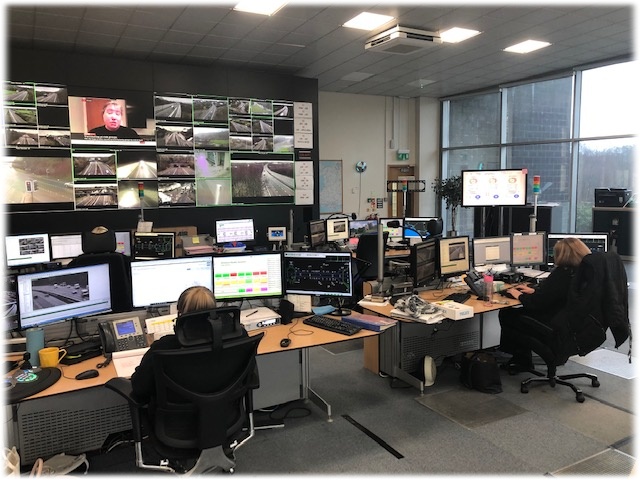
“We knew the time had come to look for something new to manage road space bookings,” said Gail Davies, SWTRA Network Occupancy Supervisor. “We were using a spreadsheet to manage all of our works, and we knew that our work was going to treble with this new project. So the time seemed right to see if there was a more efficient solution out there, ideally something map-based. When we started investigating, we discovered that we handled every item of works 11 times!”
Davies said a typical item of work would be raised when, for example, an inspector would inspect a route, identify an issue like a pothole, and then hand that over to a contractor. The contractor would program it into a schedule, and issue it to an operative. They would then request a road space booking from SWTRA, and a route steward would say yes or no. A list would then be provided of all the works that had been requested for that week from 10 different instruments, collated into a single spreadsheet, and sorted into order.
“That’s what we refer to as our Roadworks Report,” Davies said. “Off the back of that, we’d then enter that data into Traffic Wales and our street works register, and we’d plot it on Elgin. It was extremely time consuming and resource-intensive, involving emails and spreadsheets and manual collation. Because it was done manually there was always the potential for errors.”
Maximising Efficiencies
SWTRA contacted integrated asset management solution developer and supplier Symology, who recommended the use of its Aurora solution. Symology’s longstanding Street Works and Asset Management solution, Insight, is used by many Local Authorities and Works Promoters across the UK. Alongside this, Symology’s new solution Aurora is an award winning, web-based application with ESRI mapping and Google Street View integration, which is used as the Scottish Road Works Register and has been live since July 2020. In addition to being used for Road Works, Aurora is also used for recording and managing highways licences which occupy the network.
Because of SWTRA’s requirements for a map-based solution, with spatial representation being one of the key drivers, Aurora was chosen as their best option.
“Now with the new Aurora system from Symology, we cut out much of that time-consuming, resource intensive process,” Davies said. “A route steward can approve requests directly in Aurora, and a report in route order is generated automatically.”
Logging in to Aurora, users can plot their road space booking application against a USRN and populate the required details, such as timing, direction, type of closure and dates, said Symology’s Stuart Marshall.
“Upon confirming the booking, Aurora’s automatic conflict checking facilities will notify the user if there is already a road space booking within close proximity and for the same dates,” he said. “This immediately reduces the co-ordination effort from a network management perspective as the user can see that the road space is already going to be occupied and therefore will not be approved, unless under urgent or emergency circumstances. All road space booking applications are subsequently assessed and approved or refused. All users have real-time visibility of the status of all applications, which minimises the administrative burden on key members of staff.”
Outside the box thinking
SWTRA Streetworks Manager Mike Young said the original plan had been for the system’s road space bookings to be first-come, first served.
“What we first thought was that when a booking was made, it would prevent anybody else from booking it,” Young said. “But we found that didn’t work, because it was actually better if we could take multiple requests and then approve them based on priority, rather than having to negotiate to take one booking out to replace with something more urgent.”
Davies said these types of issues were where Symology proved to be extremely helpful as a partner to SWTRA.
“What the customer asks for isn’t always what the customer really wants!” she laughed. “Working with Symology, they were often thinking outside of the box when we were thinking inside it. They didn’t just go ahead and do what we asked, they came back and said, that’s fine, but have you considered the impact of what you’re asking for?
“What we didn’t consider was if we’re going to close a road, and they want to clean the gulleys, why wouldn’t we allow the litter pickers to go in at the same time? Isn’t that actually what we would want? And Aurora allows us to do that.
“It shows where there are conflicts when a booking is created, and in some cases that will mean work can’t happen simultaneously, but in others it can.
And that’s far preferable to block bookings preventing others from requesting the space, and it helps us to maximise our efficiency.”
The system also takes into account diversion routes.
“If you try and input a works on a diversion route, it will identify those conflicts too,” Davies said. “And those conflicts are visible to a number of people, where before over a weekend it might have been down to one incident manager to make a final call when a works needs to be pulled or approved.”
New requests are colour-coded within Aurora. A request pending approval is in yellow, approved requests are green and refused requests are red. In the past, request statuses need to be manually checked before a report could be sent.
Advance planning
Another benefit of the new system is that it can be locked to new requests as required.
“We have a set of procedures where we need contractors to apply for the road space they require by 1pm on Wednesday,” Davies said. “That allows us to add in emergency work as required and deliver the report for the following week’s work by Friday. Previously we’d been getting a lot of late requests, and it just didn’t give us enough time to get everything together. It was difficult to coordinate and it could be costly, with potential stand-down costs if a request was refused.
Using the new system for advance works planning is another benefit of the system, Young said.
“We can use the system to include a list of works which are coming up, but we don’t know exactly when,” he said. “It allows us to have a clear view of network availability and guide Welsh Government on when the best opportunity is for them to undertake important works.”
The ease with which reports can be generated in Aurora has proven particularly useful.
“Recently our boss asked us how many roadworks have we done in the last year,” Davies said. “In the past we would have had to do this manually. We send out five roadwork reports every week – the original and an amendment each day. So Mary has to go through every single tab on every single report to check. That’s 365 reports containing 25 tabs each. That’s a couple of days work.
“Using Aurora, it’s done at the press of a button. That’s such a great time saving. We occasionally get asked for very specific things, like how much of our network did we have works on at any time in the previous year, and we can quickly generate those reports too, rather than dedicating time to creating a report which won’t ever be asked for again.”
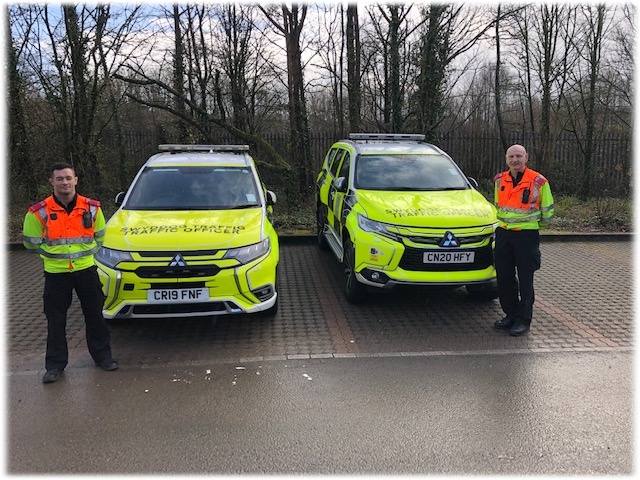
Productive Partnership
Davies and Young are in agreement that the experience of working with Symology was a positive one.
“Nothing was too much trouble for them,” Young said. “They helped guide us with the experience of similar projects, and they communicated to us through a small group of individuals. We never felt like we were a problem at all. They helped us every step of the way.
“As a result, Aurora is providing us with genuine efficiency savings, by allowing us to share data and provide visibility to all users of road space bookings, associated diversion routes, and their current statuses.”
Symology provided workshops and video guides for those who needed training on Aurora.
“When we first introduced the system, some of our users were up in arms, just because they didn’t understand it,” Davies said. “But now it’s bedded in, and they’re ok. We still get the occasional manual request sent through. When it’s one or two, we can handle it. When it’s 250 works a week, well, that’s a bit much.”
Development of the Aurora implementation is ongoing. Because road network information sharing is so important, Symology and SWTRA are developing a PowerBI solution for use by non-Aurora users. This helps identify and remedy any clashes which arise through street works created in one solution and road space bookings held in Aurora.

